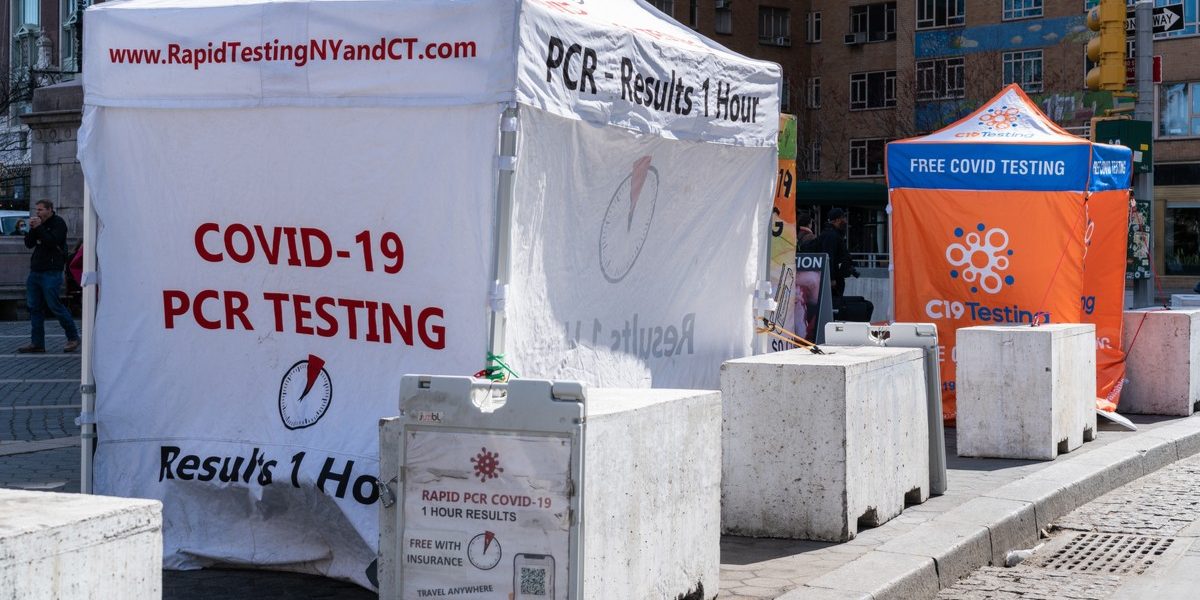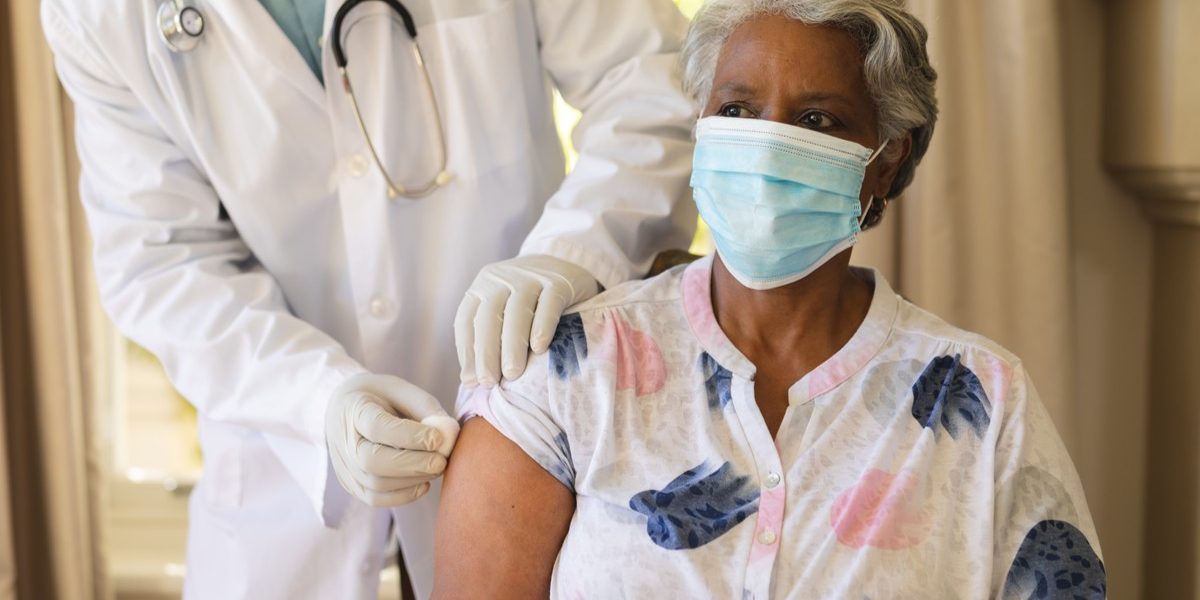
Different Care Settings at the End of Life
By NIH.gov The three most common places people at the end-of-life die are at home, in a hospital, or in a care facility. While not everyone has the chance to decide where they will die, people who know the end of life is approaching may be able to plan ahead. Several factors may help with […]
Read more









